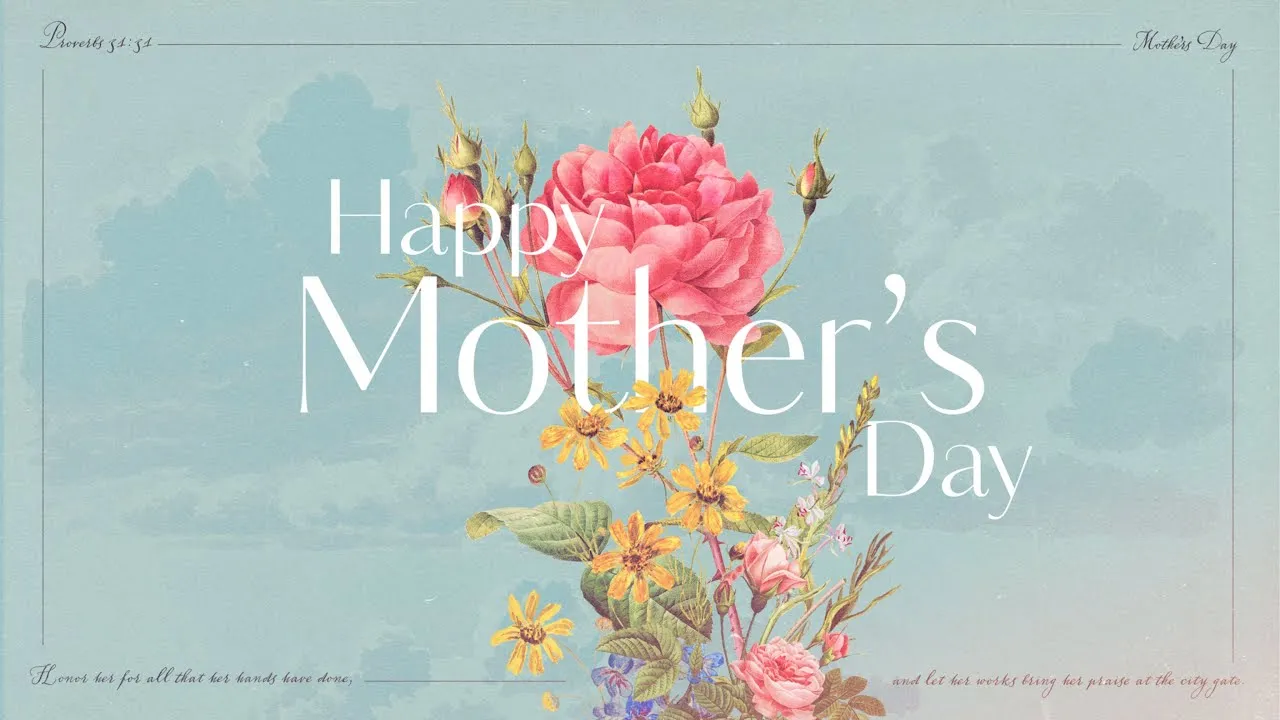Little Women: The Timeless Tale That’s Captivating America Again!
In the ever-evolving landscape of American literature, one classic novel continues to shine brightly, capturing the hearts of readers across generations. Little Women, Louisa May Alcott’s groundbreaking narrative, is experiencing a remarkable resurgence that speaks to the enduring power of storytelling and female empowerment.
Published in 1868, this remarkable novel has transcended its historical context to become a beacon of inspiration for women and literature enthusiasts alike. Louisa May Alcott crafted a story that was far ahead of its time, drawing from her own experiences growing up in a family of strong, independent women during the tumultuous Civil War era.
The recent 2019 film adaptation directed by Greta Gerwig has reignited a passionate conversation about the novel’s timeless themes. Critics and audiences have been captivated by how a 150-year-old story can feel so profoundly relevant to contemporary discussions about:
- Gender equality
- Personal agency
- Individual aspirations
- Societal expectations
At the heart of the story are the March sisters – a quartet of young women who challenge the traditional narratives of their time. Jo March, in particular, stands out as a revolutionary character who defies conventional gender roles, embodying a spirit of independence that continues to inspire readers today.
“I am not afraid of storms, for I am learning how to sail my ship,” Jo famously declares – a quote that resonates as powerfully now as it did when first written. This sentiment encapsulates the novel’s core message of personal empowerment and self-determination.
Educators have long recognized the novel’s significant educational value. Little Women is more than just a story; it’s a nuanced exploration of 19th-century American life, gender dynamics, and the complex journey of self-discovery. Schools across the nation continue to include the book in their curricula, using it as a powerful tool for literary and historical analysis.
The novel’s ongoing relevance is particularly striking in its approach to women’s roles and aspirations. Alcott challenges the notion that marriage is the ultimate goal for women, presenting characters with diverse dreams and paths. Each March sister represents a different approach to womanhood, demonstrating that there is no single “correct” way to live a meaningful life.
Community engagement around Little Women has been extraordinary. Book clubs, academic discussions, and cultural events continue to explore the novel’s rich themes. The 2019 film adaptation particularly sparked renewed interest, introducing the story to a new generation of readers and viewers.
Interestingly, the novel has always invited complex discussions about female experience. Literary critics continue to debate its nuanced portrayal of women’s lives, seeing it simultaneously as a critique of 19th-century domesticity and a celebration of female resilience.
As America continues to grapple with issues of identity, representation, and personal freedom, Little Women remains a powerful reminder of the strength and complexity of women’s experiences. Louisa May Alcott’s masterpiece is not just a historical artifact, but a living, breathing narrative that continues to inspire and challenge readers.
Conclusion: More than 150 years after its publication, Little Women stands as a testament to the power of storytelling, the importance of individual agency, and the timeless nature of human aspiration. It is a novel that continues to sail boldly, much like its unforgettable protagonist Jo March.






Leave a Comment